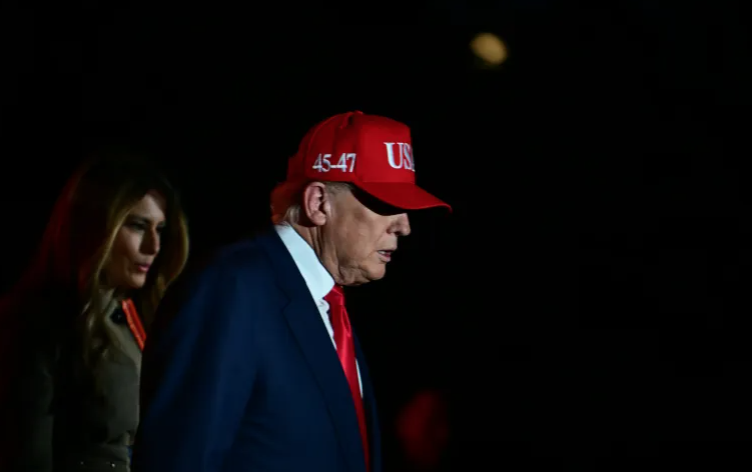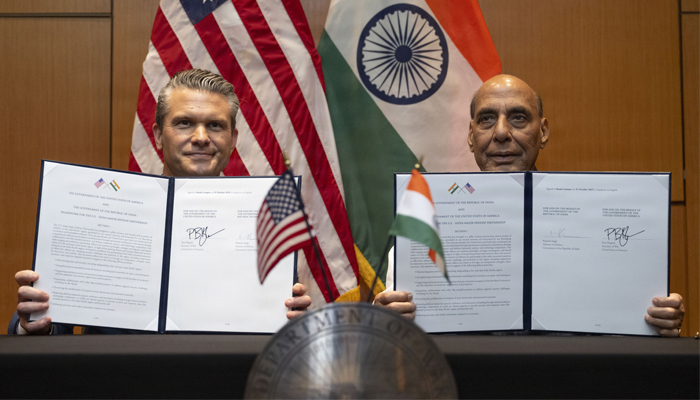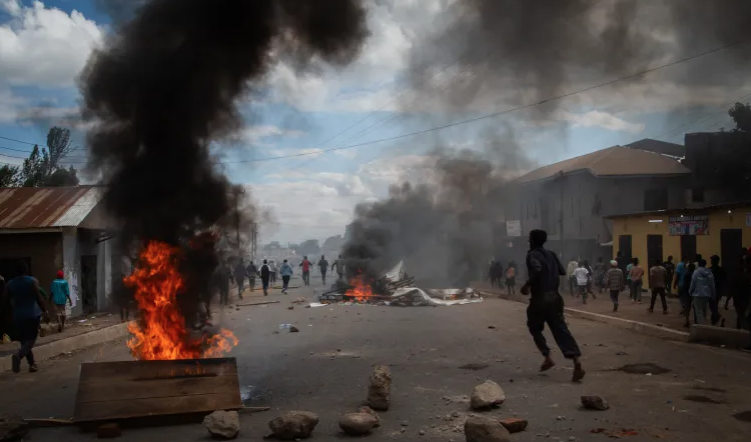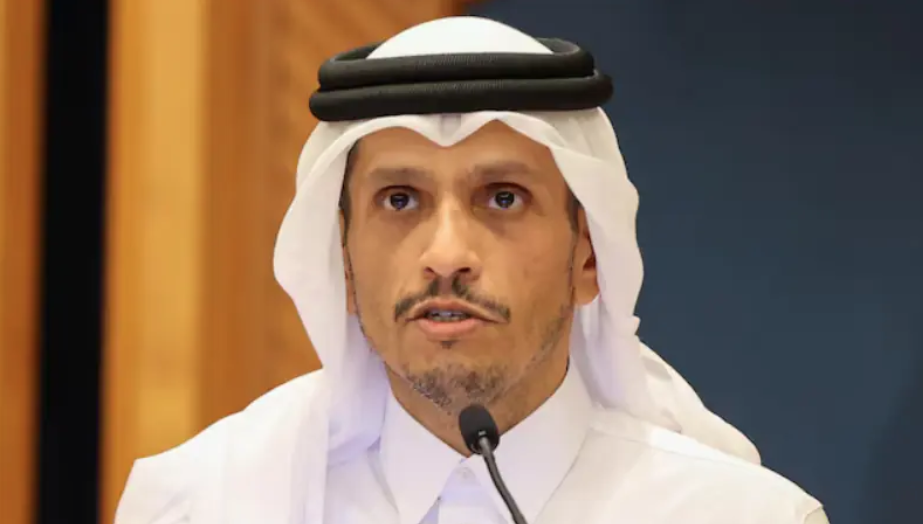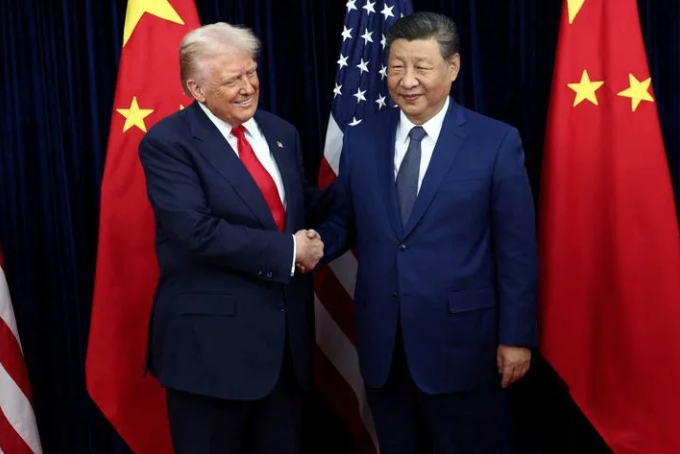WORLD NEWS
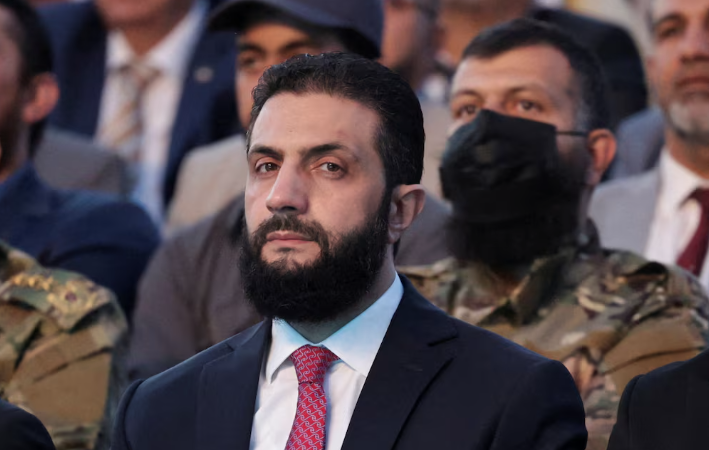
Syria’s new president, Ahmed al-Sharaa, has issued a stern warning to his loyalists and government officials, ordering them to hand over luxury vehicles or face investigations for illicit gains. The move marks the latest step in the former militant commander’s push to curb the rampant corruption that has begun to surface within his fledgling administration — and even within his own family.
According to multiple Syrian officials and attendees, Sharaa made the remarks during an August 30 meeting in Idlib province, the same base from which he once led his rebel faction before toppling Bashar al-Assad earlier this year.
“Have you forgotten you are the sons of the revolution?” Sharaa reportedly told more than a hundred senior officials and businessmen, noting the rows of luxury Cadillac Escalades, Range Rovers and Chevrolet Tahoes parked outside.
“Have you been tempted so quickly?” he rebuked.
The president’s message — part warning, part rebuke — underscored the challenges he faces as he tries to transform his militant-led movement into a functioning civilian government free from the endemic corruption that plagued Assad’s rule.
Attendees said Sharaa ordered civil servants with luxury vehicles to hand over their keys or face investigation for unexplained wealth. Several complied before leaving the meeting.
From Insurgent Leader to Head of State
At just 43, Sharaa’s rise from a rebel commander and former al-Qaeda affiliate to Syria’s head of state has been dramatic. But the transition has been marred by renewed sectarian clashes, property seizures, and accusations of cronyism.
Analyst Hossam Jazmati, a long-time observer of Syria’s Islamist movements, told Reuters that Sharaa’s lack of institutional experience is proving difficult to overcome.
“He’s not a product of a state — he’s a product of a faction,” Jazmati said. “His power base has always been built on alliances and favouritism. Now, those same dynamics threaten to undermine his rule.”
A Crackdown That Reaches His Own Family
In a surprising move, Sharaa recently shut down the office of his elder brother, Jamal al-Sharaa, after reports surfaced that Jamal was using his presidential connection for personal gain.
According to government insiders, Jamal had been operating various import-export and tourism businesses in Damascus and was seen frequenting high-end hotels in an unlicensed black Mercedes S-Class. Authorities sealed his office in August with red wax, a traditional sign of official closure pending investigation.
The Ministry of Information confirmed the shutdown, stating that Jamal had no authorization to operate commercial ventures or use the family name for business purposes.
Despite the move, Sharaa’s reliance on other family members continues. Two of his brothers — Hazem and Maher — hold senior government positions in investment and the presidency’s secretariat, respectively. Critics have voiced concern that this family-centric governance mirrors Assad’s authoritarian style.
Reports of Bribes and Asset Seizures
Despite the president’s anti-corruption rhetoric, business figures say bribery remains common. Industrialists have alleged paying bribes ranging from $25,000 to $200,000 to secure the release of employees or recover confiscated assets.
The government has promised investigations into such claims, though critics question the transparency of these inquiries.
A new “Committee on Illicit Gains” and a sovereign wealth fund have been established to manage confiscated assets from individuals tied to the Assad regime. However, both institutions have themselves come under scrutiny, with two fund lawyers reportedly arrested for suspected graft.
Balancing Power and Public Trust
Sharaa’s latest crackdown appears aimed at restoring confidence in his leadership as Syria struggles to stabilize after 14 years of war. His challenge lies in maintaining loyalty among former fighters while ensuring that corruption does not erode the credibility he gained by ending Assad’s rule.
“Sharaa’s legitimacy depends on proving he can govern differently from Assad,” analyst Jazmati noted. “But with old habits resurfacing, that’s easier said than done.”
